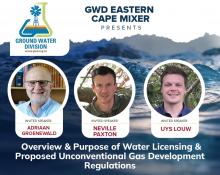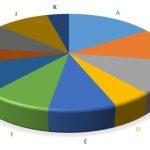Integration of water simulation modelling for water conservation and demand management in the mining sector (a case study)
This paper outlines and presents out-of-the-box theories as examples to highlight some of the challenging restraints within the current legislative environment preventing scientists, engineers and other operational personnel to take theory into action and implementation. Key to this is the very static nature of the water use license (WUL)and associated process. The first example shows how integrated dynamic water modelling can be utilized to create an integrated water and waste management plan within the mining sector.

